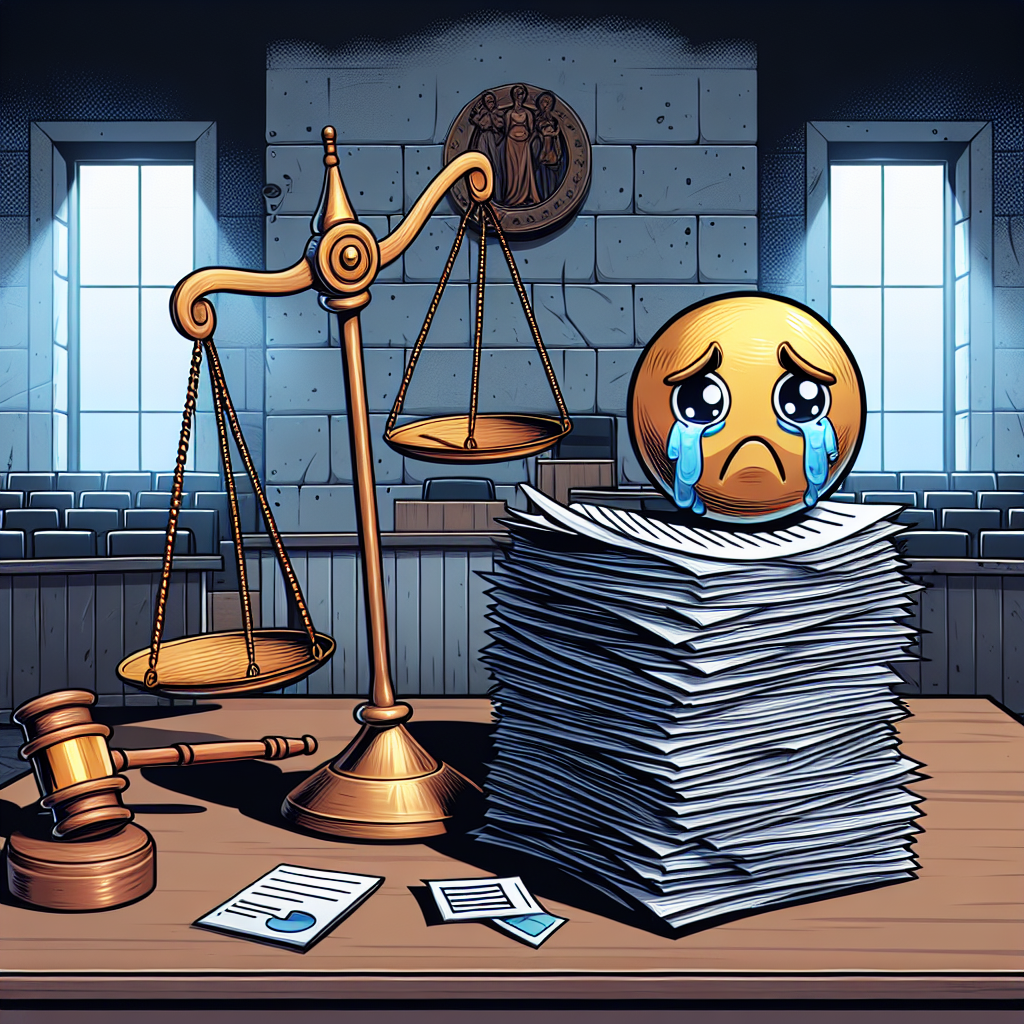Supreme Court Declines Virginia Felony Disenfranchisement Case
The U.S. Supreme Court decided not to hear Virginia's attempt to stop a lawsuit that challenges a lifetime voting ban for convicted felons. The lawsuit, supported by the ACLU, claims that the ban violates historic laws and disproportionately affects Black residents. Virginia's appeal was rejected, allowing the case to proceed.

On Monday, the U.S. Supreme Court declined to consider Virginia's appeal to terminate a lawsuit targeting a state constitutional provision from 1869 that permanently bans felons from voting. This law is considered one of the nation's strictest voting restrictions for former criminals.
The lawsuit was filed by Virginia residents Tati King and Toni Johnson, along with an advocacy group, challenging the ban under claims it violates the 1870 Virginia Readmission Act, which intended to reinstate the state's congressional representation post-Civil War without disenfranchising Black voters.
Backed by the American Civil Liberties Union, the plaintiffs assert that the disenfranchisement only applies to crimes that were common law felonies in 1870, excluding their modern-day convictions. Virginia Attorney General Jason Miyares's appeal was dismissed by the lower courts, and the Supreme Court's refusal to hear the case keeps the lawsuit active.
(With inputs from agencies.)










